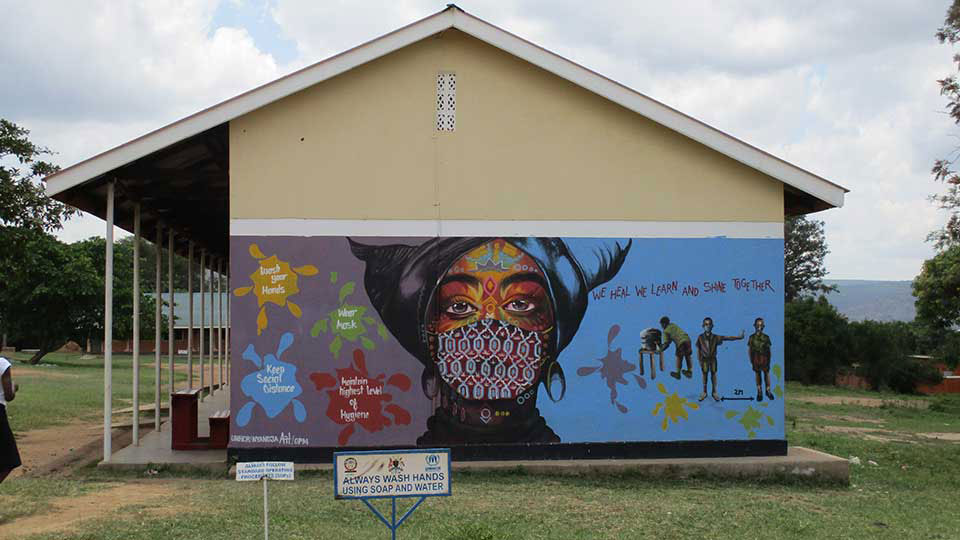Forced displacement is a significant global challenge affecting millions of people worldwide. Today, Uganda hosts around 1.5 million refugees, the majority of which are children and young people.
Professor Sarah Mills (School of Social Sciences and Humanities) has been part of a wider international research team focusing on the kinds of voluntary labour practiced by young refugees and related themes via the Refugee Youth Volunteering Uganda (RYVU) project.
The photographs in the exhibition provide a unique perspective on the ways young refugees use volunteering to build their lives and livelihoods. It challenges existing thinking about who volunteers, why they do it, and the impacts it has. It also shows that the hopeful and positive image of volunteering should not be a smokescreen for the inequalities and exploitation young refugees experience, and how volunteering can sometimes exacerbate these inequalities.
The exhibition will be open Monday-Friday, 12pm-2pm, and opens during Refugee Week (19-25 June), a national festival celebrating the contributions, creativity and resilience of refugees and people seeking sanctuary. On World Refugee Day (Tuesday 20 June) Sarah will be giving a talk (5pm-6pm), followed by a tour of the exhibition (6pm-7pm).
The RYVU project is funded by the UK’s Economic and Social Research Council/Global Challenges Research Fund and led by Professor Matt Baillie Smith (Northumbria University) in collaboration with academics at Loughborough University (UK), Uganda Martyrs University and Mbarara University of Science and Technology (Uganda), and with local NGOs and young refugees themselves.
Dr Cuthbert Tukundane, Uganda Martyrs University, said: “This research challenges traditional thinking about volunteering and skills acquisition. It shows that often young refugees in Uganda need to have particular skills to take advantage of volunteering opportunities. This means that volunteering should not be seen as an alternative to providing proper training and education for young refugees.”
Professor Sarah Mills added “Our research found that volunteering is important to young refugees as a way of making friends and rebuilding their lives in a new context. However, volunteering is also used to sustain incomes and wider livelihoods, and there remains challenges around access and inequalities for some refugees.
"I've thoroughly enjoyed the past three years working on a multi-disciplinary and international project to better understand the lives of young refugees and those who volunteer. I hope that visitors will enjoy the original photography as well as interactive board games to engage with themes from the RYVU project.”
